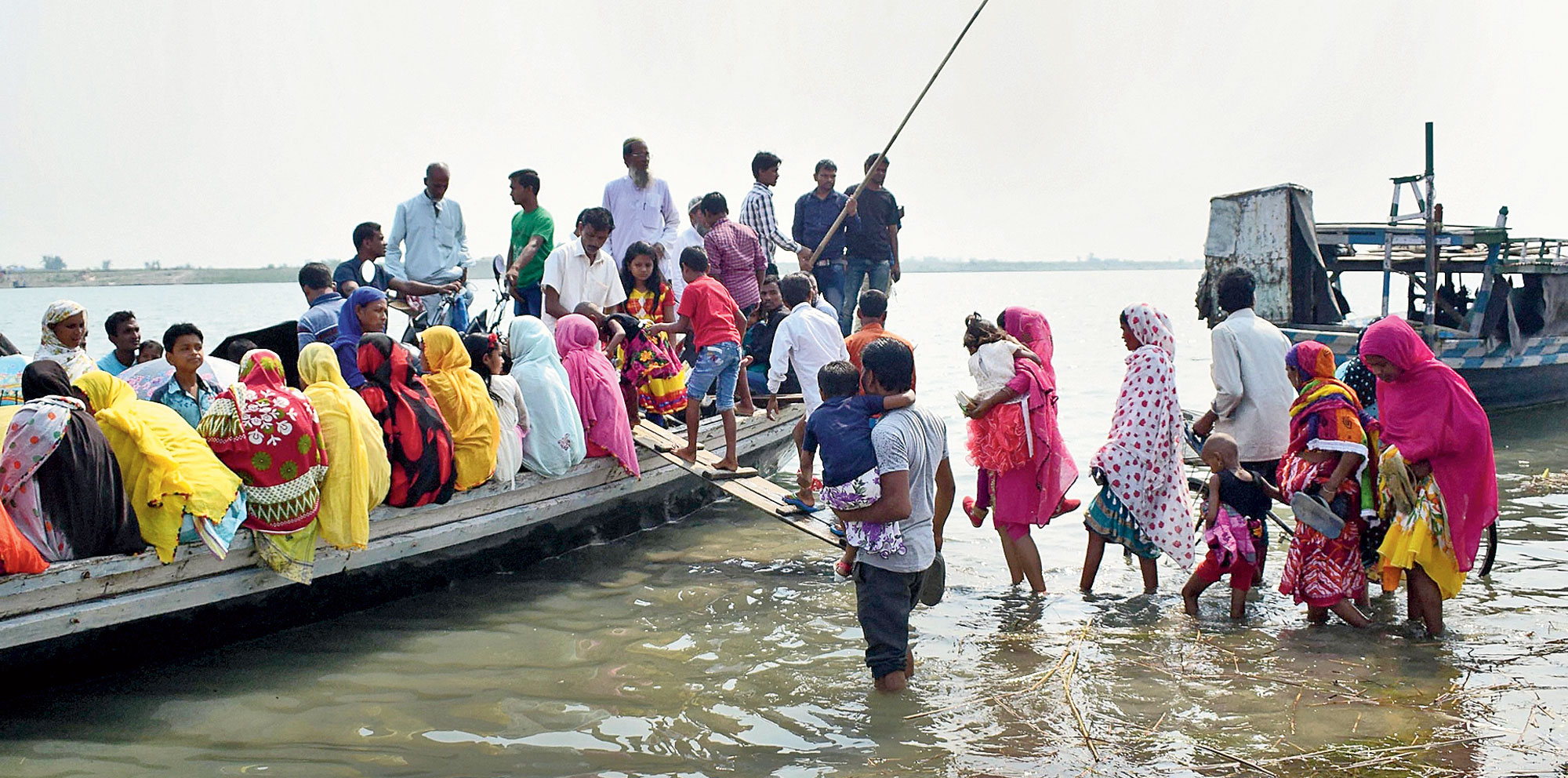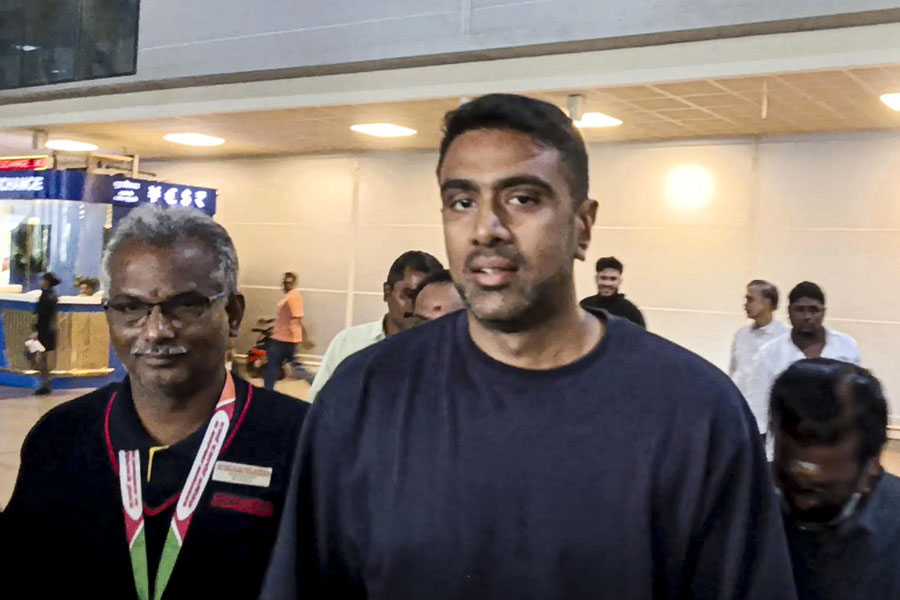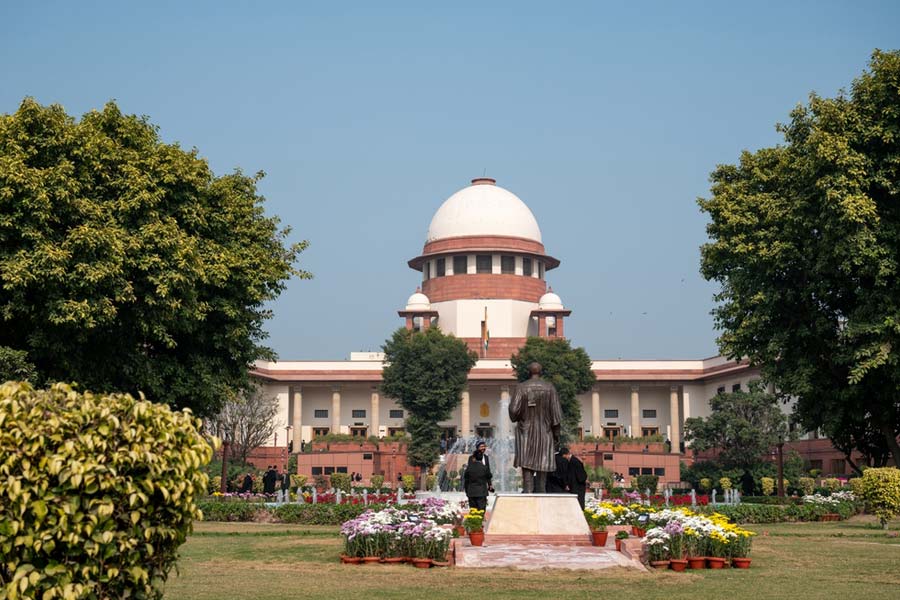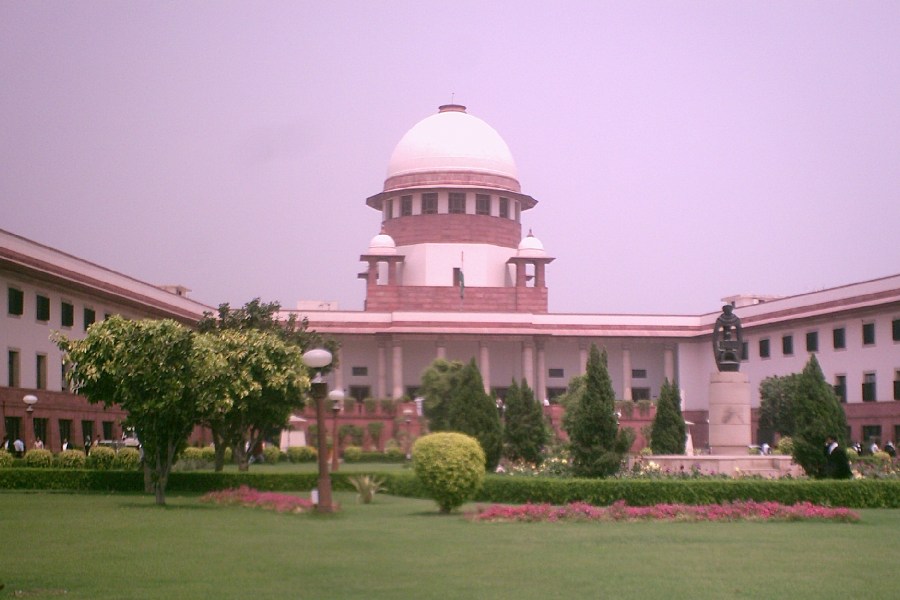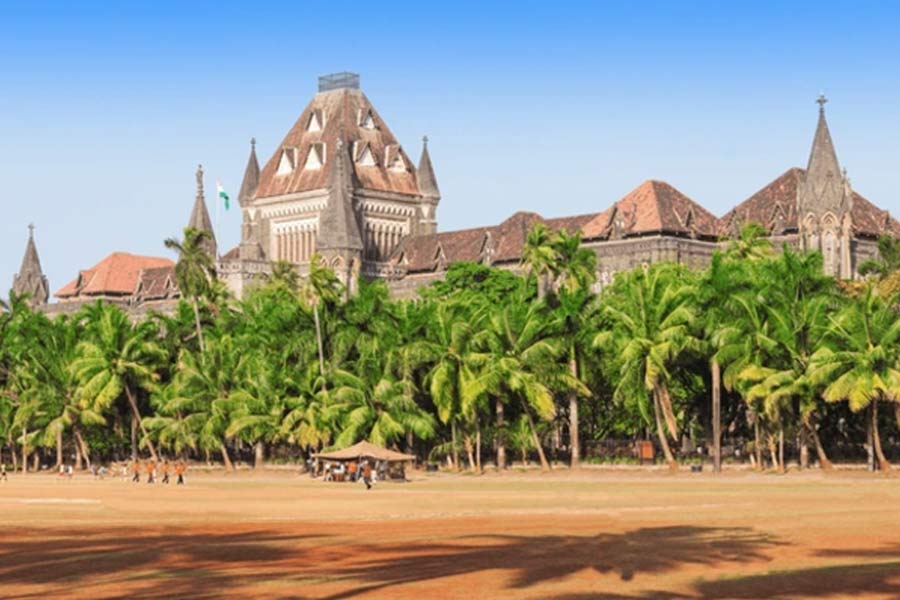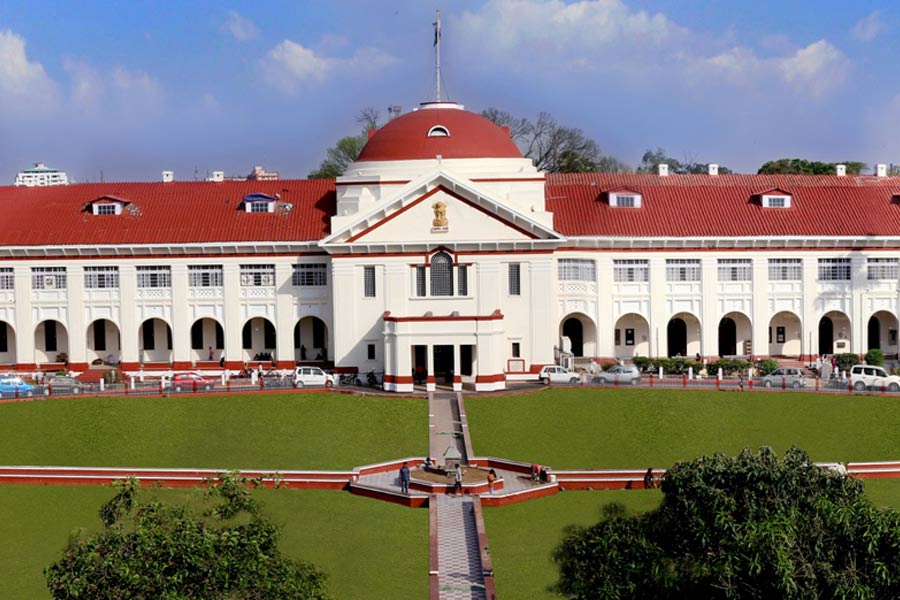Rafikul Islam, 35, was in a rush on Tuesday morning to catch the mechanised countryboat, which will take him to his polling booth located on the sar across the Brahmaputra, from Goroimari’s Alikakh Ghat, 80km west of Guwahati.
But unlike most voters elsewhere in lower Assam’s Chaygaon Assembly segment, which falls under Gauhati Lok Sabha constituency, Islam or the others trying to board the boats to the sars (sandbars) to exercise their franchise were not coy about their party of choice or their expectations.
Islam, who has a tractor to till land and ferry goods, or Rabel Hussain, who runs two boats at the ghat, were very upfront.
“We want nothing but peace. The country needs peace. We have heard Muslims will be in trouble if the BJP retains power. We will be forced to eat pork like what happened at Biswanath Chariali. Over 90 per cent here will vote for the Congress,” Islam said.
A food vendor, Shaukat Ali, was assaulted by a mob this month for selling beef and was later forced to eat cooked pork, which Muslims don’t east. Police have arrested 12 persons in connection with the case and locals even felicitated Ali during Bihu in an apparent bid to heal the wounds left behind by the assault.
Hussain concurs, “There is fear among minorities. What we hear in the news and what BJP leaders are saying, someone like ruling BJP MLA Shiladitya Dev who often speaks out against Muslims, we are afraid. We only want peace and we are voting for peace.”
For the record, Goraimari is a minority-concentrated block under Kamrup district’s Chaygaon constituency which is held by Congress’s Rekibuddin Ahmed. Therefore, Islam and Hussain’s support for the Congress is understandable but what is surprising, according to locals, is the sense of insecurity, perceived or real, among the minorities, as reflected in the reactions of the duo who live in the mainland but go to the sars, between half-an-hour to one-and-a-half hours from the ghat, to cast their vote every election.
Alok Chandan, 27, who frequents Alikakh Ghat, 28km from his Boko residence to buy fresh fish and curd, said everybody “talking about persecution on religious ground” was not the case in earlier elections. “Development has always been a key issue here. Nobody is talking about floods and erosion, the key issues in the area. It has a lot to do with the daily dose of Hindu-Muslim rhetorics by political leaders during the campaign, more so by local leaders. It seems to have taken its toll,” he said.
The Gauhati Lok Sabha seat has 17 candidates in the fray but the contest is likely to be between the BJP’s Queen Oja and the Congress’s Bobbeeta Sharma with Independent Upamanyu Hazarika, an anti-migrant activist, likely to play the spoiler.
The run-up to the three-phase polls, which ended on Tuesday, was marked by a shrill campaign by the BJP and the Opposition AIUDF over the Citizenship (Amendment) Bill, 2019.
The BJP-led Centre has committed itself to pushing the bill, which envisages granting citizenship to non-Muslims from Bangladesh, Pakistan and Afghanistan if it is voted back to power, something which is opposed by the Congress on the grounds that it is unconstitutional and seeks to nullify the main provision of the Assam Accord.
The AIUDF is also opposed to the bill and has publicly said the BJP is against Muslims and should not vote for the ruling party. The BJP has “branded” the AIUDF as a party of “Bangladeshi infiltrators”. The sharp rhetorics along religious lines has seen a lot of polarisation which came to the fore in the reactions of Islam and Hussain.
Political commentator Arupjyoti Choudhury said, “Manifestations of different groups may differ but a broad analysis of the prevailing political situation in the state will show that they (voters) will either go to the Congress or the BJP. Religious polarisation is sharper compared to earlier elections.”

